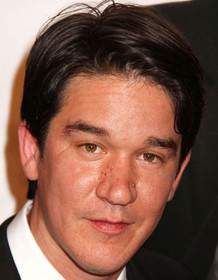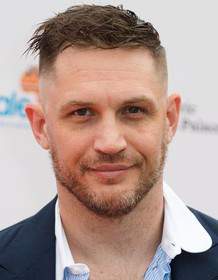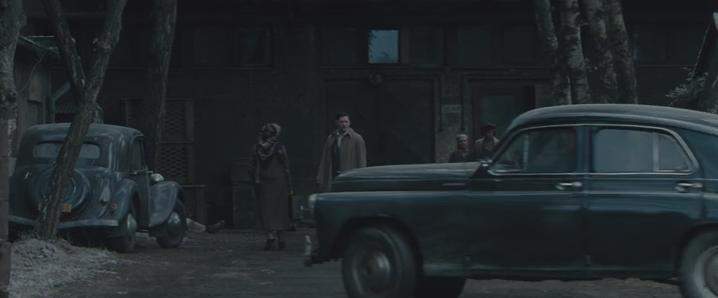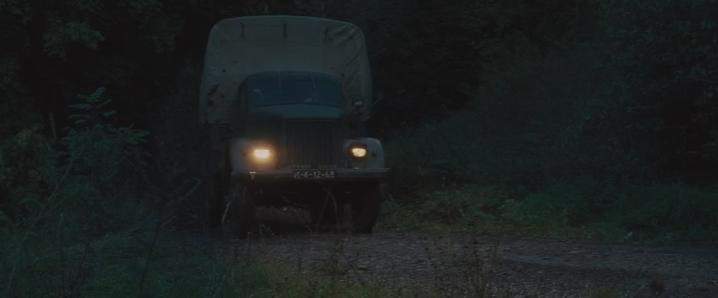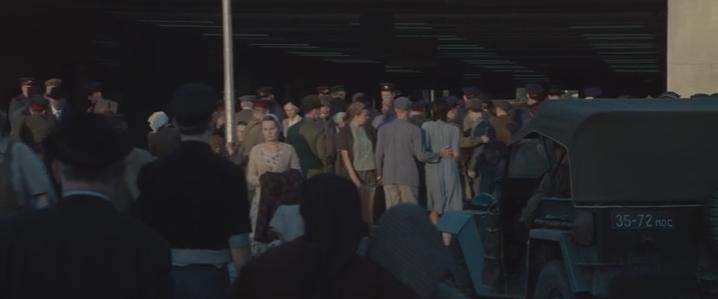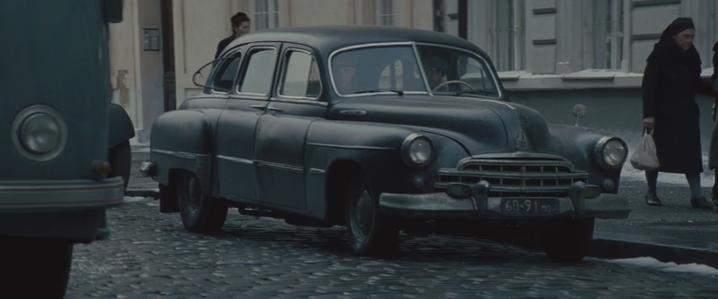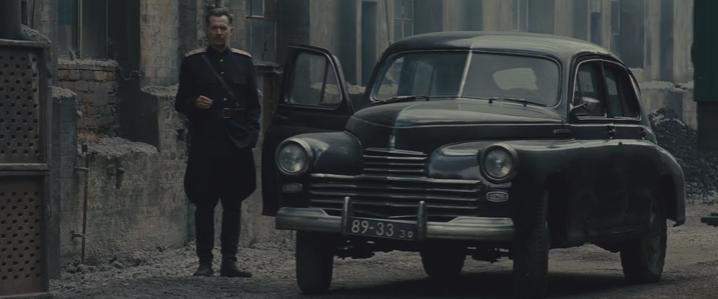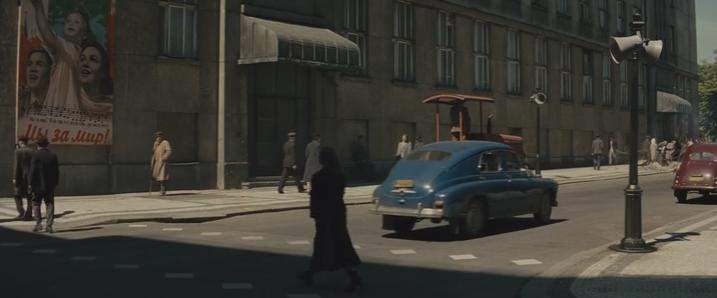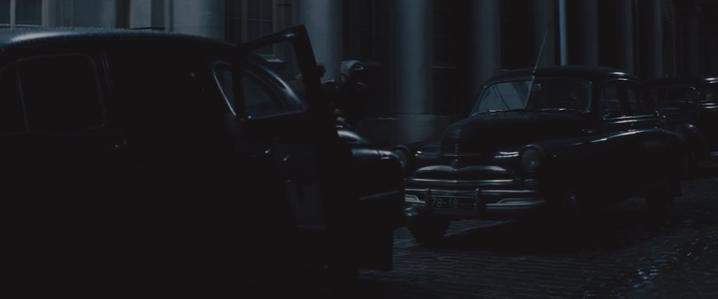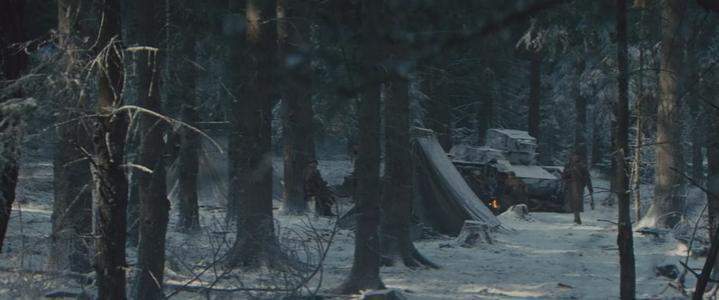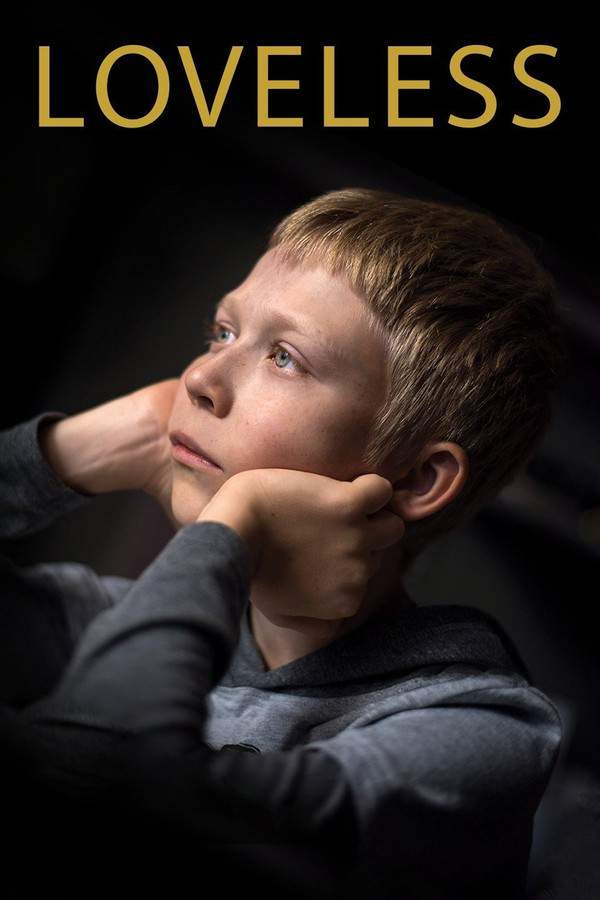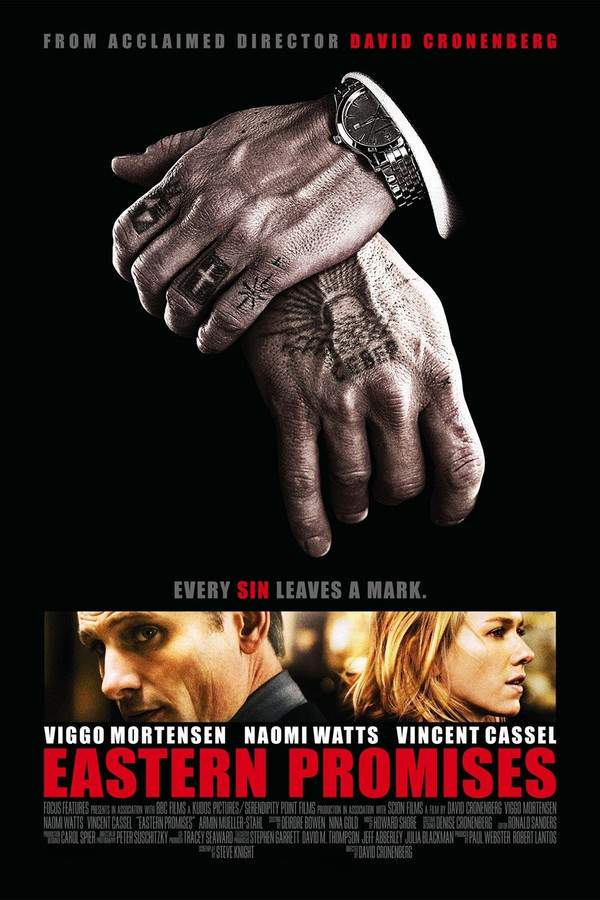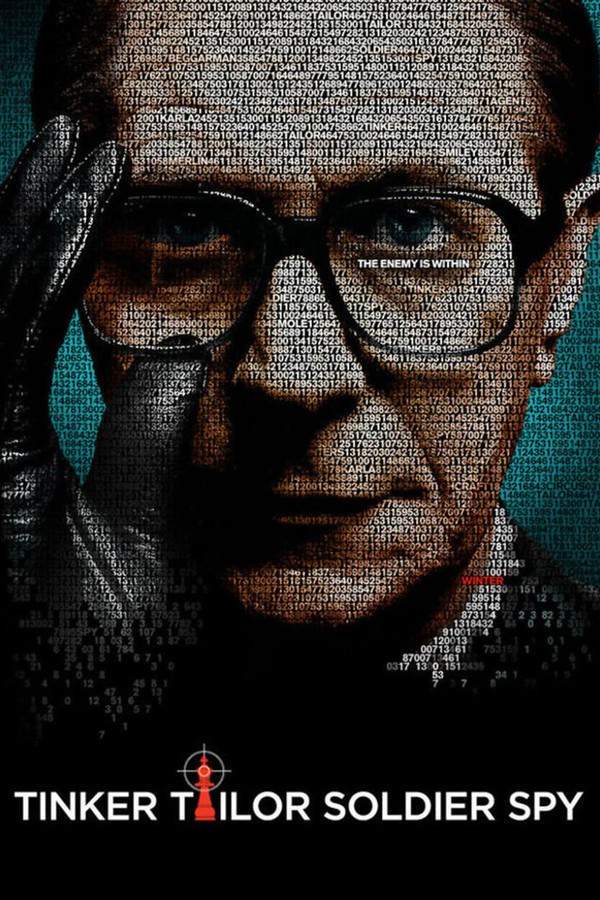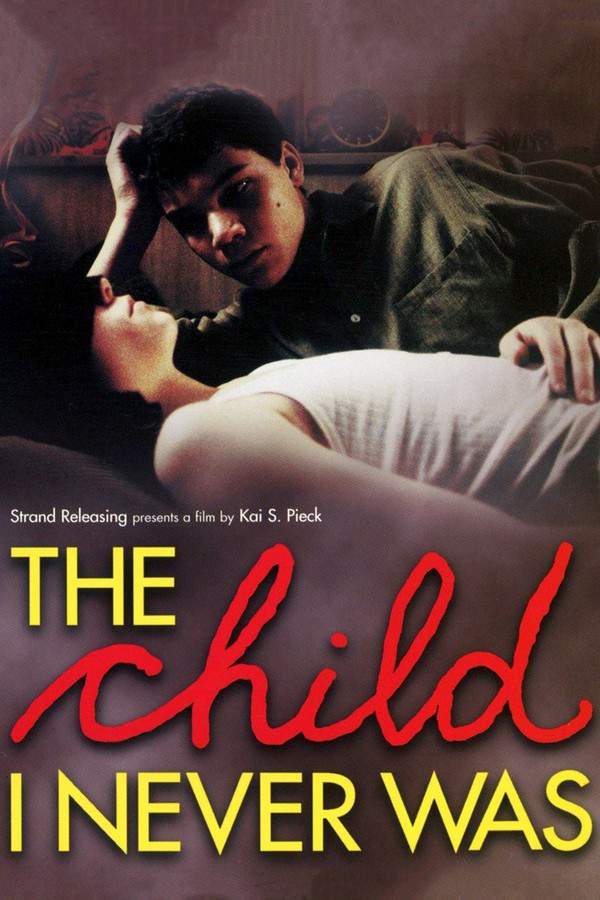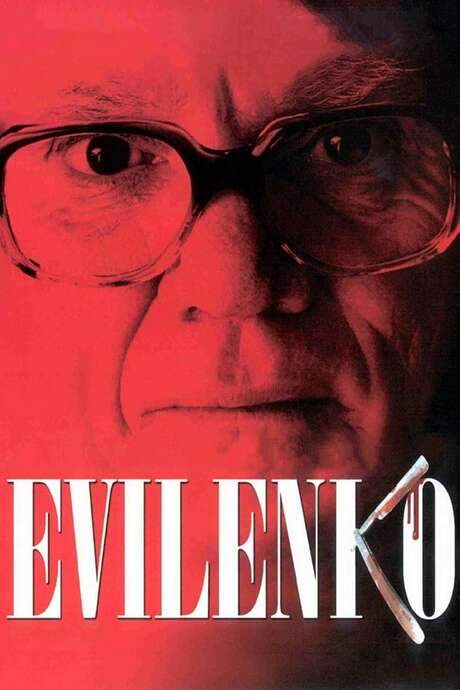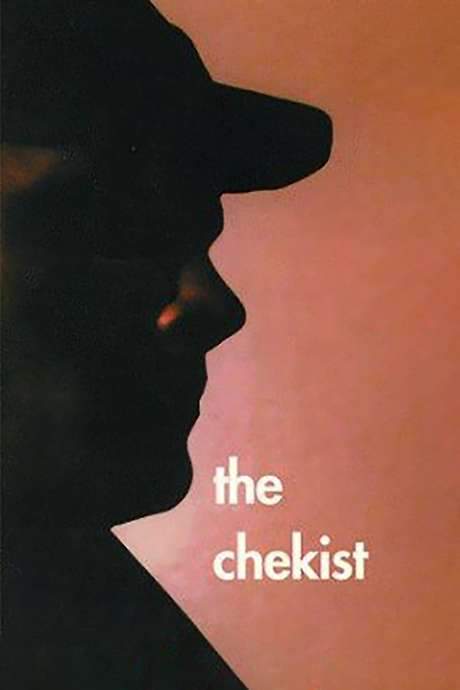Child 44 2015
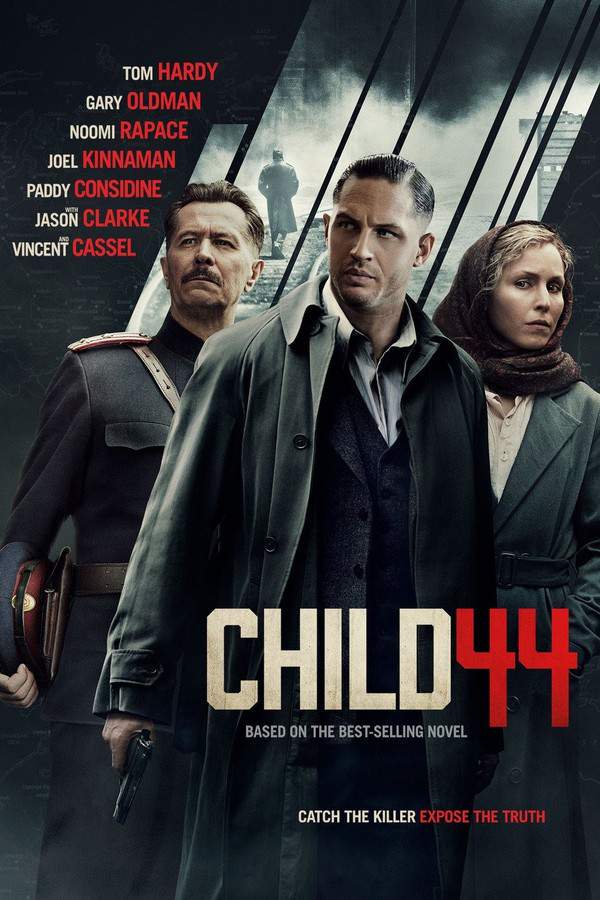
In 1953 Soviet Russia, idealistic agent Leo Demidov finds his life overturned when he attempts to shield his wife from unjust accusations. Exiled to a remote region, he and his wife, Raisa, partner with General Mikhail Nesterov to pursue a brutal serial killer preying on young boys. Their investigation unveils a disturbing network of lies and corruption, placing them directly in the path of Leo's manipulative adversary, Vasili, and threatening to expose the dark secrets of the regime.
Does Child 44 have end credit scenes?
No!
Child 44 does not have end credit scenes. You can leave when the credits roll.
Meet the Full Cast and Actors of Child 44
Explore the complete cast of Child 44, including both lead and supporting actors. Learn who plays each character, discover their past roles and achievements, and find out what makes this ensemble cast stand out in the world of film and television.
External Links and Streaming Options
Discover where to watch Child 44 online, including streaming platforms, rental options, and official sources. Compare reviews, ratings, and in-depth movie information across sites like IMDb, TMDb, Wikipedia or Rotten Tomatoes.
Ratings and Reviews for Child 44
See how Child 44 is rated across major platforms like IMDb, Metacritic, and TMDb. Compare audience scores and critic reviews to understand where Child 44 stands among top-rated movies in its genre.

41
Metascore
5.6
User Score


30%
TOMATOMETER

42%
User Score

6.4 /10
IMDb Rating

63
%
User Score

2.9
From 11 fan ratings

4.05/5
From 44 fan ratings
Take the Ultimate Child 44 Movie Quiz
Challenge your knowledge of Child 44 with this fun and interactive movie quiz. Test yourself on key plot points, iconic characters, hidden details, and memorable moments to see how well you really know the film.
Child 44 Quiz: Test your knowledge on the gripping narrative of 'Child 44' and its haunting themes surrounding loyalty, love, and the brutal reality of the Soviet Union.
What significant event did Leo capture to become a hero of the Soviet Union?
Defeating a Nazi general
Planting the Soviet flag atop the Berlin Reichstag
Rescuing hostages from a train
Winning a battle against the Japanese
Show hint
Full Plot Summary and Ending Explained for Child 44
Read the complete plot summary of Child 44, including all major events, twists, and the full ending explained in detail. Explore key characters, themes, hidden meanings, and everything you need to understand the story from beginning to end.
In the tumultuous year of 1933, a young boy, left orphaned amidst the Ukrainian Holodomor, escapes from his orphanage. He finds refuge with a Red Army unit and is kindly embraced by its commander, who names him Leo Demidov. By 1945, Leo has risen to the rank of sergeant and achieves national fame when he is immortalized in a photograph as he plants the Soviet flag atop the Reichstag during the Battle of Berlin. This heroic act earns him the prestigious title of Hero of the Soviet Union.
Fast forward to 1953, Leo is now a captain within the Ministry of State Security (MGB), residing in Moscow with his wife, Raisa. His unit is tasked with tracking down dissidents, but their operations take a tragic turn when they arrest a veterinarian named Anatoly Brodsky. During this arrest, the reckless but ambitious officer Vasili Nikitin, who harbors resentment towards Leo, shoots a farmer and his wife, leaving their two little daughters orphaned. Outraged, Leo confronts Vasili, but tensions escalate as Vasili finds himself in charge of Brodsky’s harsh interrogation and ultimate execution.
Vasili’s betrayal goes further when he implicates Raisa, a dedicated primary school teacher, in his report to their superior, Major Kuzmin. This forces Leo into a heart-wrenching predicament as Kuzmin demands that he investigate his own wife, who has just revealed her pregnancy. Amidst this turmoil, tragedy strikes when Alexei Andreyev, another officer in their unit, loses his young son Jora, found dead under suspicious circumstances that authorities refuse to investigate properly, deeming it merely an accident as per Stalin’s beliefs.
Defying orders, Leo investigates Raisa’s innocence and boldly refuses to denounce her. The couple is ultimately arrested by Vasili, enduring a humiliating internal exile to Volsk where Leo loses his rank and is demoted to a lowly policeman while Raisa is forced to work as a school cleaner.
As fate would have it, another child’s body is discovered near the railway in Volsk, echoing the circumstances of Jora’s death. Leo deduces that a serial killer is on the loose, embroiling them both in danger once again. After a series of harrowing events, including troubling revelations about a local ticket collector and a violent confrontation with authorities, Leo and Raisa grapple with their loyalty to each other and their desperate quest for justice.
Their clandestine journey leads them to Rostov, where they uncover the identity of the serial killer, Vladimir Malevich. In a climactic encounter, Vasili tracks them down but meets his end in a brutal struggle with Leo and Raisa. Cleverly, Leo spins the narrative to portray Vasili as a hero, thus securing their own safety and reinstatement in their positions.
In a time of possible change with Stalin’s demise, Leo is offered a promotion, but he instead proposes the formation of a dedicated homicide division, emphasizing his commitment to justice. With the help of General Nesterov, Leo and Raisa take a poignant step forward as they decide to adopt Tamara and Elena Okun, the orphaned daughters of the farmer, uniting their family amidst a backdrop of political upheaval and personal redemption.
Uncover the Details: Timeline, Characters, Themes, and Beyond!

Coming soon on iOS and Android
The Plot Explained Mobile App
From blockbusters to hidden gems — dive into movie stories anytime, anywhere. Save your favorites, discover plots faster, and never miss a twist again.
Sign up to be the first to know when we launch. Your email stays private — always.
Watch Trailers, Clips & Behind-the-Scenes for Child 44
Watch official trailers, exclusive clips, cast interviews, and behind-the-scenes footage from Child 44. Dive deeper into the making of the film, its standout moments, and key production insights.
Cars Featured in Child 44
Explore all cars featured in Child 44, including their makes, models, scenes they appear in, and their significance to the plot. A must-read for car enthusiasts and movie buffs alike.
Child 44 Themes and Keywords
Discover the central themes, ideas, and keywords that define the movie’s story, tone, and message. Analyze the film’s deeper meanings, genre influences, and recurring concepts.
Child 44 Other Names and Titles
Explore the various alternative titles, translations, and other names used for Child 44 across different regions and languages. Understand how the film is marketed and recognized worldwide.
Similar Movies To Child 44 You Should Know About
Browse a curated list of movies similar in genre, tone, characters, or story structure. Discover new titles like the one you're watching, perfect for fans of related plots, vibes, or cinematic styles.
Quick Links: Summary, Cast, Ratings, More

What's After the Movie?
Not sure whether to stay after the credits? Find out!
Explore Our Movie Platform
New Movie Releases (2026)
Famous Movie Actors
Top Film Production Studios
Movie Plot Summaries & Endings
Major Movie Awards & Winners
Best Concert Films & Music Documentaries
Movie Collections and Curated Lists
© 2026 What's After the Movie. All rights reserved.



